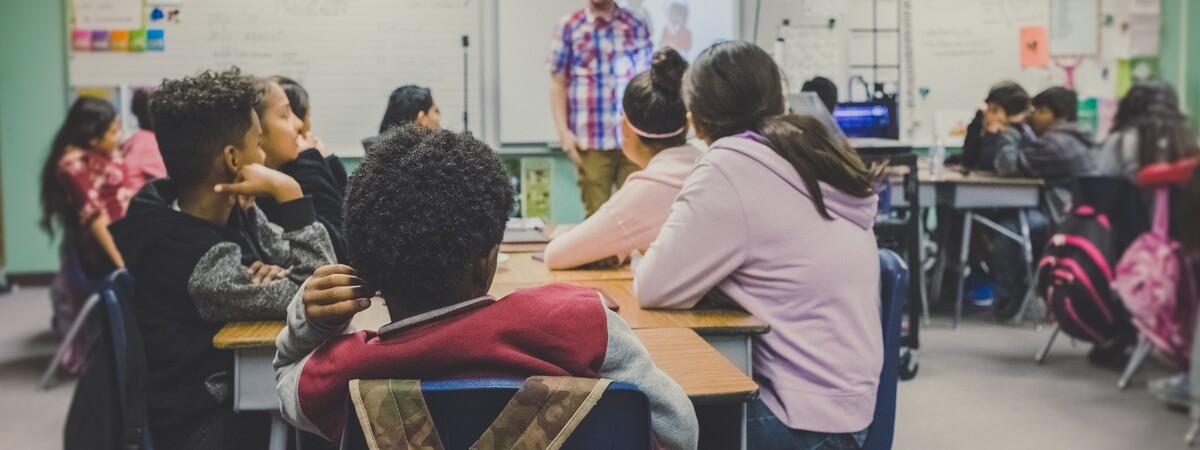Schools that already face huge challenges are now faced with a large number of very low-attaining pupils. A report by the Education Endowment Foundation (EEF) published in November shows that schools are facing challenges supporting disadvantaged and low-attaining pupils because of the COVID-19 pandemic.
This research tracked the longer-term impact of the COVID-19 pandemic on the maths and reading skills of younger pupils. The study, by the National Foundation for Educational Research (NFER), followed 6,000 pupils between March 2020 and 2022. It investigated how classroom disruptions affected pupils’ attainment and social skills.
Year 2 findings
Pupils who were in Year 2 have caught up in maths, but are still behind in their reading by about three months. For Year 2 pupils, the proportion of very low attainers in reading more than tripled from 2.6 per cent before the pandemic to 9.1 per cent in spring 2022.
In Year 2, the disadvantage gap in spring 2022 was around six months’ progress for reading and around five months’ progress for maths. In the average Year 2 classroom, there will be three very low-attaining pupils for reading, compared to one before the pandemic. This creates additional challenges for schools and teachers, especially those in disadvantaged areas with higher proportions of lower-attaining pupils.
Year 3 findings
Pupils who were in Year 3 in spring 2022 have, on -average, caught up in both reading and maths. Yet, the proportion of very low attainers in reading more than doubled from 2.5 per cent to 6.5 per cent. For Year 3 pupils, the attainment gap is even wider, at around nine months’ progress for reading and around eight months’ progress for maths.
Year 2 and Year 3 student wellbeing
The research also investigated the impact of the pandemic on younger pupils’ social skills and wellbeing. Surveys with headteachers found that they were concerned about Year 2 and Year 3 pupils’ wellbeing. Many have introduced interventions to tackle this, adding to teachers’ workload.
Socio-economic inequality in education highlighted
This latest report adds to the evidence that socio-economically disadvantaged students were disproportionately affected by partial school closures. This emphasises the importance of targeting support and funding for this group. The findings reinforce the evidence that socio-economic inequality in education has grown. Targeted support is important for disadvantaged pupils, with reading as a focus.
The National Tutoring Programme ( NTP )
The National Tutoring Programme is now in its third year. A new funding model means that schools now receive their catch-up funding automatically from the Department for Education (DfE.) Protocol Education has been an NTP Tuition Partner since it was first introduced. We have trained thousands of tutors and have available staff on hand, across the country. Protocol Education is here to support your vision for your catch-up tuition programme. All you have to do is get in touch.



